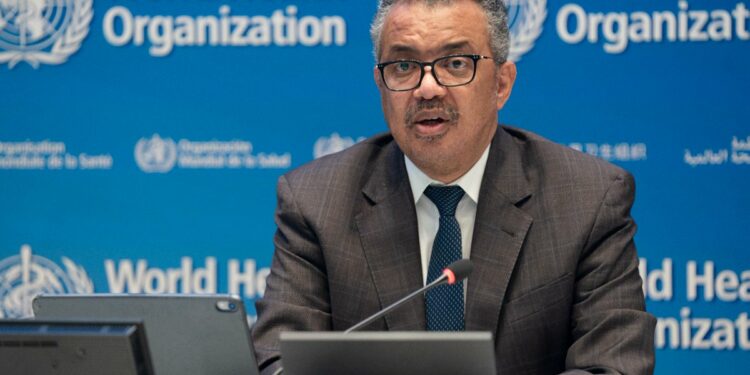The international body said cancer, cardiovascular diseases and diabetes were responsible for 37 percent of deaths in 2019, rising from 24 percent in 2000, largely due to weaknesses in the implementation of critical control measures, including prevention, diagnosis and care.
This comes at a time of a high-level head of state and health leaders meeting in Ghana on Tuesday to find ways of accelerating progress against noncommunicable diseases.
Health leaders attending the meeting are expected to also agree on ways to speed up the efforts to achieve the key targets of universal health coverage that include access to quality, safe, effective and affordable health care.
READ MORE: COVID-19: African experts deepen studies on Omicron subvariants
Speaking at the launch of Ghana’s National Non-Communicable Disease Policy on Monday, the eve of the high-level meeting, Matshidiso Moeti, WHO regional director for Africa, said: “The growing burden of noncommunicable diseases poses a grave threat to the health and lives of millions of people in Africa.”
She observed that over a third of deaths in the region are due to these illnesses, adding that of particular concern is that “premature deaths from noncommunicable diseases are rising among people younger than 70 years old”.
Findings from the 2022 WHO NCD Progress Monitor showed that in Africa between 50 and 88 percent of deaths in seven countries, mostly small island nations, can be traced to these ailments.
READ MORE: HEALTH: Africans need to remain vigilant on COVID-19 risks
The report also found that in seven other countries, majority of them being Africa’s most populous, the diseases claim between 100 000 and 450 000 lives annually.
Moeti said decisive action is needed to address the risk factors for noncommunicable diseases for these preventable diseases.









